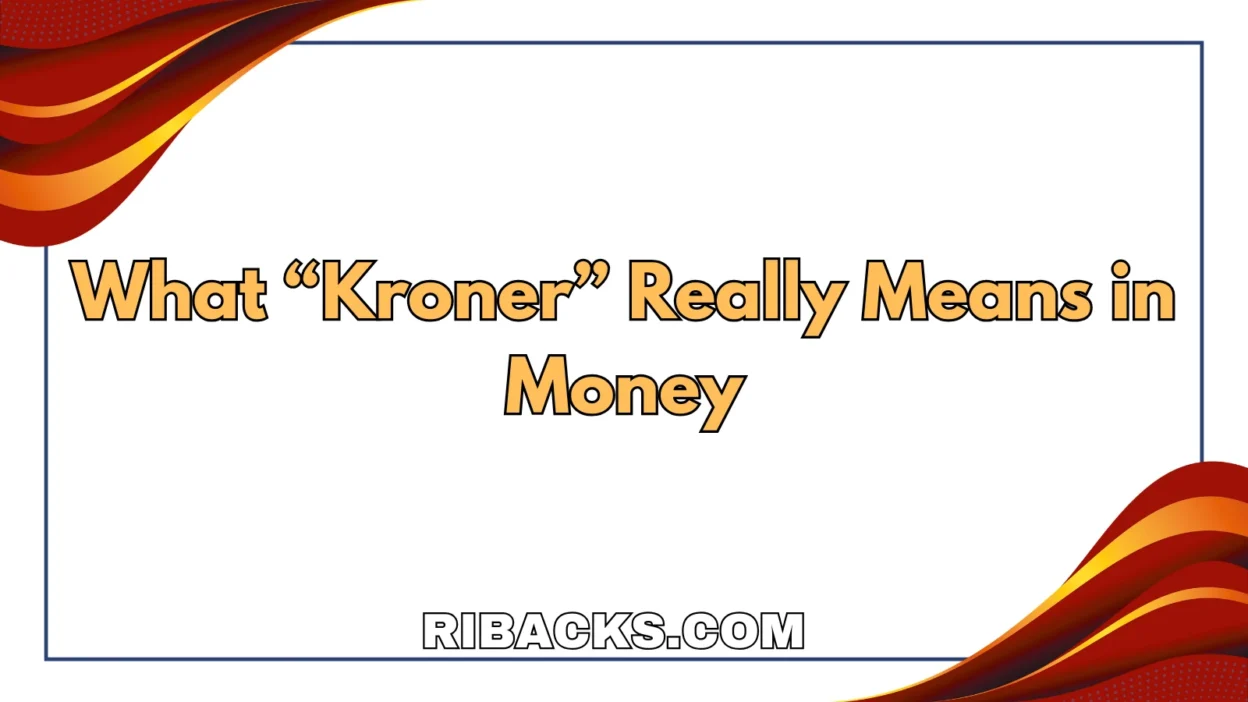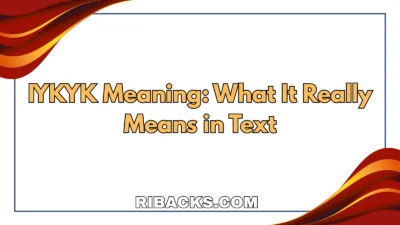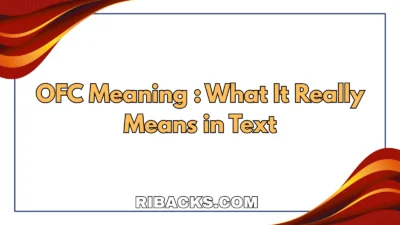If you’ve ever checked travel prices in Scandinavia or watched a vlog from Denmark or Norway, you may have seen amounts written in kroner and wondered what currency that is.
The first time I saw it, I honestly thought it was a store name — like “Kroner Shop.” But nope, it’s actually the official money used in several European countries.
Quick Answer:
Kroner means “crowns” and is the official currency used in Denmark, Norway, and sometimes Iceland (though Iceland uses “króna,” a similar word). It’s the Scandinavian equivalent of dollars or euros.
🧠 What Does Kroner Mean?
The word kroner literally translates to “crowns” and is used as the name of the national currency in certain countries.
Here’s the breakdown:
- DKK — Danish Krone (plural: kroner)
- NOK — Norwegian Krone (plural: kroner)
- ISK — Icelandic Króna (similar word but different spelling)
So when you see kroner, it usually refers to Danish or Norwegian money.
Example sentence:
“Lunch in Denmark cost me 120 kroner.”
In short:
Kroner = ‘crowns’ = the currency used in Denmark and Norway.
📱 Where Is “Kroner” Commonly Used?
You’ll most often see “kroner” in:
🌍 Travel
- Booking hotels in Denmark or Norway
- Buying tickets, food, or transport
- Checking exchange rates
💱 Money / Finance
- Currency converters
- International payments
- Bank and Forex apps
📰 News & Online Content
- Travel blogs
- Scandinavian culture videos
- Social media cost-of-living posts
➡️ Note: “Kroner” is not slang — it’s a real currency term.
💬 Examples of “Kroner” in Conversation
Here are simple, natural examples:
1.
A: “How much is this?”
B: “It’s 40 kroner.”
2.
A: “Do they use euros in Denmark?”
B: “Nope, they use kroner.”
3.
A: “Is 100 kroner a lot?”
B: “Depends on which country — Norway is pricier.”
4.
A: “I need to exchange my dollars.”
B: “Yeah, get some Danish kroner.”
5.
A: “What’s NOK?”
B: “Norwegian kroner.”
🕓 When to Use and When Not to Use “Kroner”
✅ Use “Kroner” When:
- Talking about prices in Denmark or Norway
- Discussing currency exchange
- Reading travel guides
- Comparing Scandinavian currencies
- Typing amounts (e.g., 50 kroner)
❌ Don’t Use “Kroner” When:
- Referring to Iceland’s currency (that’s “króna”)
- Talking about Swedish money (SEK = “krona”)
- Discussing euros or dollars
- Using it as slang or casual internet lingo
✔ Comparison Table
| Context | Example Phrase | Why It Works |
|---|---|---|
| Travel Chat | “The ticket was 90 kroner.” | Correct use for DKK/NOK |
| Finance Info | “NOK stands for Norwegian Krone.” | Formal & accurate |
| Iceland Travel | “It costs 2000 króna.” | Correct alternate currency |
| Wrong Use | “Sweden uses kroner.” | Incorrect — they use krona |
🔄 Similar Words or Alternatives
| Term | Meaning | When to Use |
|---|---|---|
| Krone | Singular form of the currency | Formal or singular name |
| Krona | Swedish/Icelandic currency | Talking about Sweden/Island |
| Euro (EUR) | EU currency | Most of Europe (not Scandinavia) |
| Dollar (USD) | US currency | General comparison |
| Pound (GBP) | UK currency | Travel/finance context |
❓ FAQs About Kroner
❓ Which countries use kroner?
Denmark and Norway use kroner. Iceland uses a similar word, króna.
❓ Is “kroner” the plural of “krone”?
Yes — krone (one), kroner (many).
❓ Do Sweden and Iceland use kroner?
No. Sweden uses krona (SEK), Iceland uses króna (ISK).
❓ Can I pay with euros in Denmark or Norway?
Mostly no — they prefer their own currencies.
❓ Are Danish and Norwegian kroner the same?
No — they have different values and are different currencies.
📝 Final Thoughts
Kroner is a simple but important term if you’re dealing with Scandinavian travel, shopping, or money exchanges.
It literally means “crowns” and is the currency used in Denmark and Norway. Whether you’re budgeting for a trip or reading about Scandinavian economies, understanding the word makes everything a lot easier.



